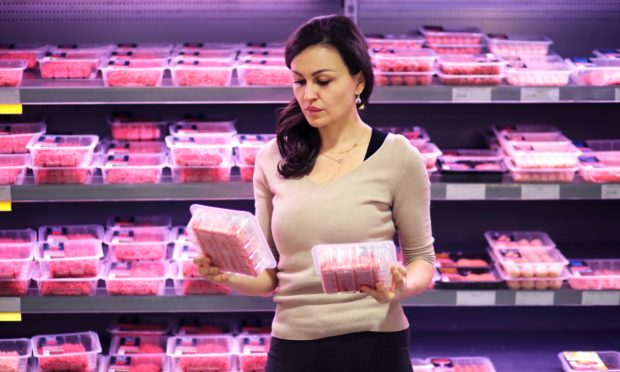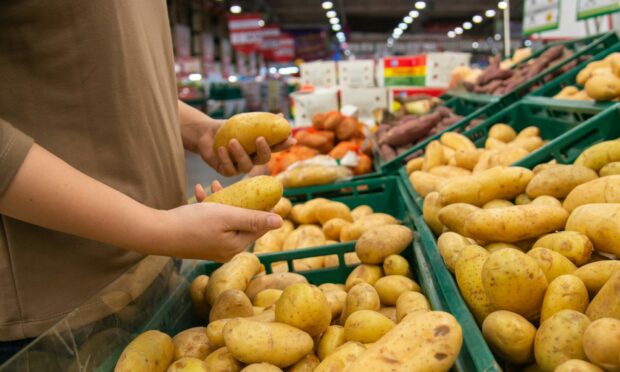More than three-quarters of consumers trust the role of farmers in the UK food supply chain, however trust in the work farmers are doing for animal welfare and their impact on the environment has reduced.
Results from farm assurance body Red Tractor‘s Trust in Food Index reveal 75% of consumers value high welfare standards however only 52% believe farmers are performing well on animal welfare – down from 59% in 2021.
The index also revealed 35% of consumers believe farmers are performing well in terms of their impact on local wildlife and 23% believe farmers are doing well in terms of their impact on greenhouse gas emissions – this is down from 42% and 27% respectively.
Other findings from the index, which is based on a YouGov survey of more than 3,500 UK adults, include that trust in UK food overall has declined by 8% to 73% in the past year and 46% of consumers are changing their buying habits in response to the cost-of-living crisis.
Almost a third of consumers – 30% – are buying less meat, 13% are buying less fruit and vegetables, and 24% of shoppers are trading down and buying what they perceive to be food produced to lower food safety and animal welfare standards.
The percentage of people who trust the quality and safety of food from supermarkets has fallen to 58%, from 78%, and 69% of shoppers said they look to food marques and assurance schemes – such as Red Tractor and British Lion – to ensure food is safe and produced to a high quality.
Red Tractor chairman, Christine Tacon, said it was understandable – but not necessary – that as people are forced to trade down to cheaper products, they lose confidence in the way the food is produced.
“Whilst some shoppers now struggle to afford the prime cuts and choice ingredients, if they buy assured British food, the strict regulations on food safety, animal welfare and other aspects of food production, apply equally to value ranges as they do to premium product,” added Ms Tacon.
“We must tackle this before the drop in trust becomes toxic, by making it clear to people doing their shopping.”
She called on everyone in the farming industry to work together to reassure people that whatever their price range, they can be confident in the standards and safety of food produced in the UK.
“Identifying products as assured through schemes like Red Tractor or British Lion can address people’s perception that cheaper means lower standards,” added Ms Tacon.
“Retailers should play their part by adopting food assurance marques on all applicable value ranges.”

